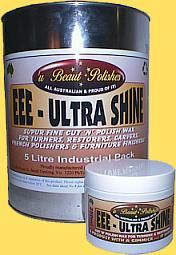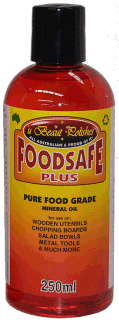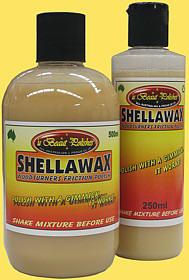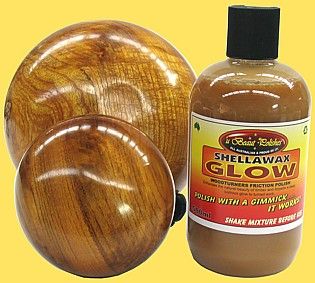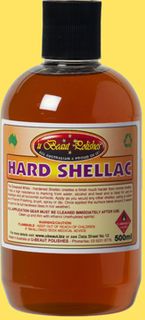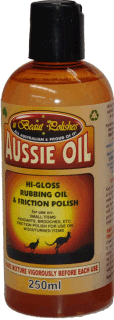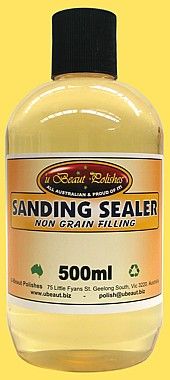
SANDING SEALER 500ML
Details
-
Pky Qty:1
Description
This is a traditional Sanding sealer, not a grain filler
Sanding a piece of wood tears at the grain and even after the finest sanding this torn grain is evident almost as soon as a finish is applied. Nine times out of ten the torn grain (nap) will swell and stand up in the finish, giving you the feeling that sand has been thrown on the work.
This sanding sealer is designed to raise that nap of the grain making it stand up and become brittle. It can then be sanded off with fine grit abrasive paper, giving a silky smooth base for you to apply your finish with no fear of the nap raising again.
APPLICATION
Apply a damp, even coat using a clean (preferably lint free) rag, to the whole surface of the work. One application is all that is needed. Do not flood the work with the sealer.
Allow to dry. This could take anywhere from 10 minutes to 1 hour or more, depending on weather conditions, timber type and how much you apply.
Once dry sand with one grade of fine abrasive paper. (600 - 800 grit or finer if desired) Sand lightly with the grain. Stop sanding when the nap is removed and the surface feels silky smooth. If the paper clogs immediately with the sealer, leave it to dry a little longer.
This sealer can also be used as a retarder (a sealer that allows dyes and stain to be applied to the surface of most timbers without going blotchy).
USE AS A RETARDER
Because of its nature you can apply a water dye over this sealer (after sanding) and it will soak into the timber evenly without going blotchy.
Apply to end grain timber and sand prior to staining and it will stop the stain from going dark in the grain.
For use with water based and turpentine based stains and dyes. Not recommended for use under or over spirit based dye or stain.
USE AS A BASE FOR WAX FINISH
Apply 2 to 3 coats as per instructions allow to dry then apply our Traditional Wax. Allow to dry approx 10 minutes then buff to a bright waxed lustre.
NOTE: Never use steel wool as an abrasive on raw timber.

